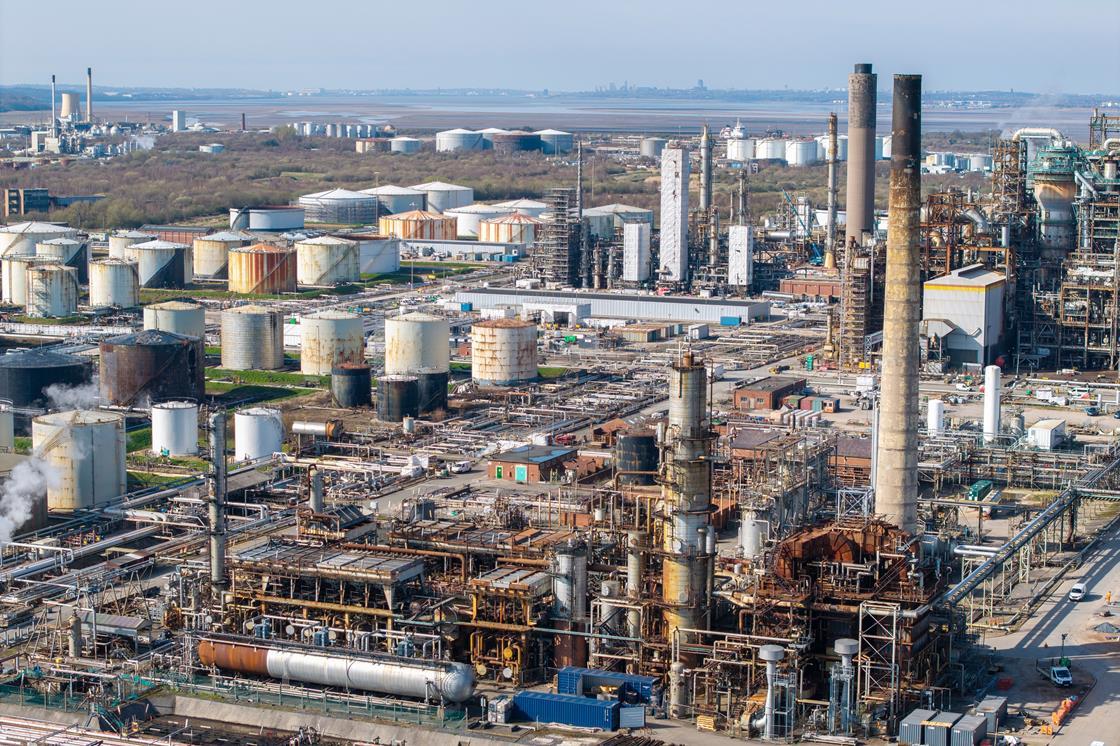Navigating the Energy Transition: The Future of Refineries in the UK
Key Ideas
- UK's oil refineries facing decline due to decreasing demand for fossil fuels and global competition, pushing towards cleaner operations.
- Refineries like Phillips 66's Humber and Essar Energy Transition's Stanlow are investing in sustainable practices like biofuels and hydrogen adoption.
- Transition to hydrogen as a heat source presents challenges but offers flexibility for future decarbonization efforts and responding to market influences.
- Increased carbon emission prices drive investments in efficiency and emissions-lowering technologies in the refining industry.
As Petroineos’s Grangemouth refinery prepares to close, the UK's oil refinery numbers are dwindling. However, amidst this decline, a shift towards sustainability and efficiency is evident in the industry. Phillips 66's Humber refinery showcases a successful move towards cleaner practices, producing valuable graphite coke and bio-derived aviation fuel. On the other hand, Essar Energy Transition's Stanlow is exploring hydrogen adoption to reduce carbon emissions, although currently using hydrocarbon gases. The debate around hydrogen's best use, considering demands in industries like fertiliser production, highlights the complexity of energy transitions. Yet, the appeal of transitioning to hydrogen as a heat source, alongside existing hydrocarbon capabilities, provides flexibility and aligns with economic and political influences. This strategy enables refineries to adapt to evolving market conditions and potential carbon pricing, incentivizing investments in emission reduction and efficiency. The outlook for UK refineries during the energy transition involves balancing sustainability, innovation, and economic factors to navigate the changing landscape of the industry.
Topics
Production
Innovation
Sustainability
Carbon Emissions
Energy Transition
Biofuels
Hydrogen Production
Oil Refineries
Economic Influences
Latest News
